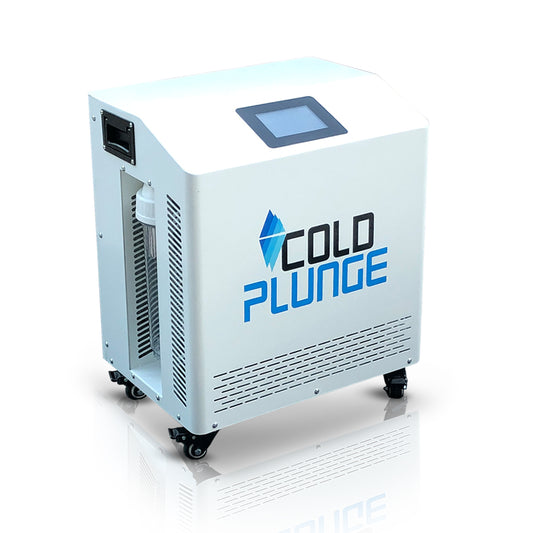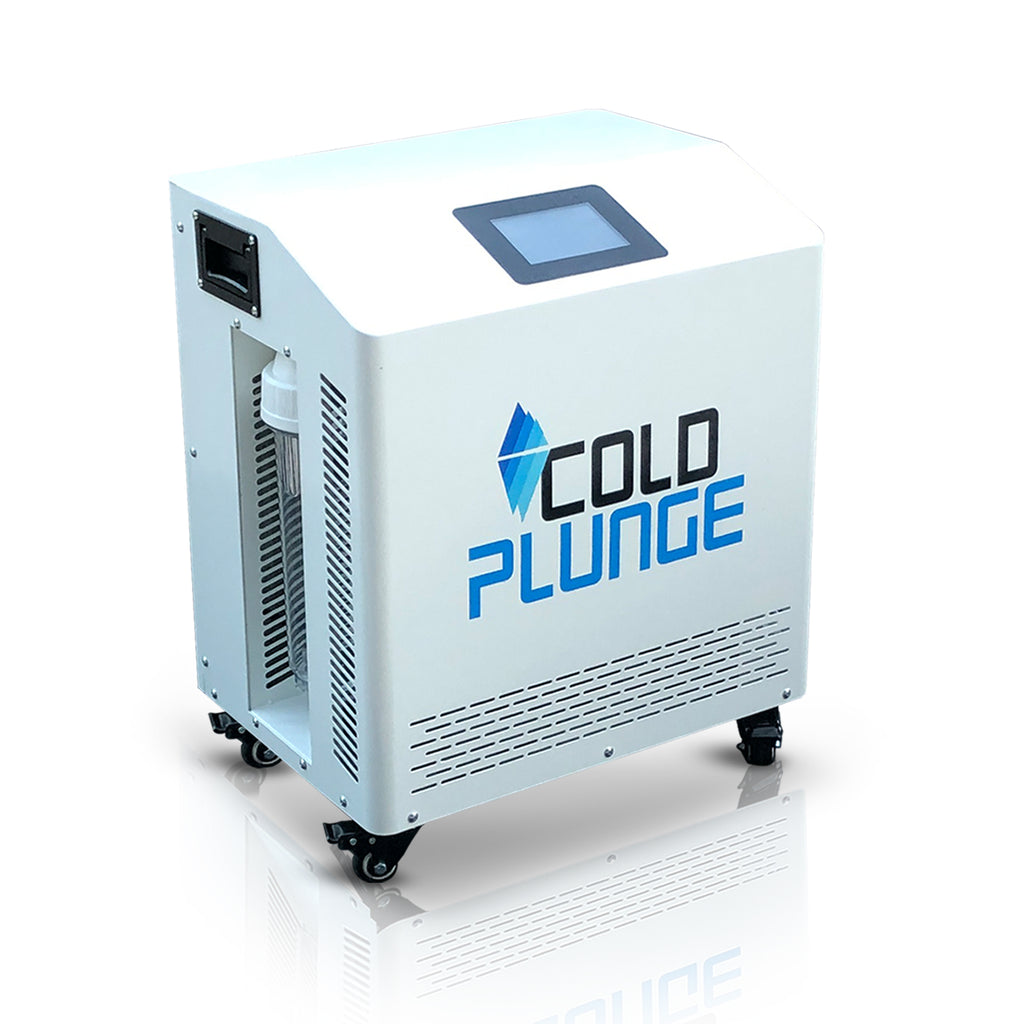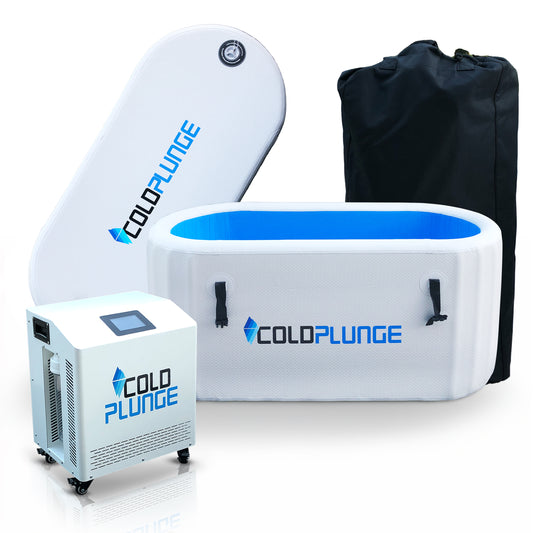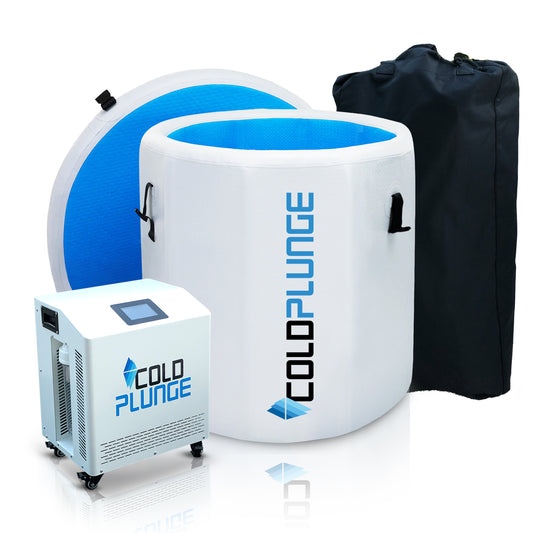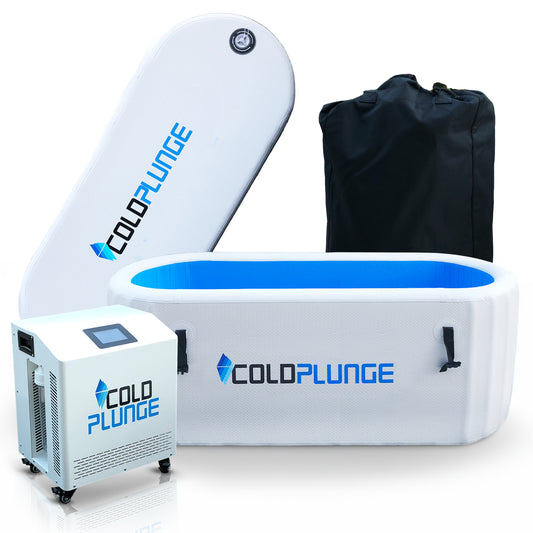Consistently incorporating cold water therapy into your routine can potentially improve the quality of your sleep in several ways:
-
Improved Sleep Onset: Cold water immersion, especially when done in the evening, can lower your core body temperature. This drop in body temperature signals to your body that it's time to sleep, potentially making it easier to fall asleep when you go to bed.
-
Deeper Sleep: Cold water therapy may promote deeper and more restorative sleep. The relaxation induced by cold exposure and the release of endorphins can help you enter the deeper stages of sleep, where physical and mental restoration occurs.
-
Reduced Nighttime Awakenings: Quality sleep involves uninterrupted sleep cycles. Cold water therapy can help regulate body temperature and reduce the likelihood of waking up during the night due to overheating or discomfort.
-
Increased Sleep Efficiency: Consistent cold water therapy can lead to more efficient sleep patterns, where you spend a higher percentage of your time in bed actually asleep rather than awake or in light stages of sleep.
-
Stress Reduction: Cold water immersion can reduce stress and anxiety, both of which can interfere with sleep. Lower stress levels can contribute to a more relaxed mind and body when it's time to sleep.
-
Balanced Circadian Rhythms: Cold water therapy, when performed at consistent times each day, can help regulate your body's internal clock (circadian rhythm). A well-regulated circadian rhythm can lead to more predictable and better-quality sleep.
-
Enhanced Sleep Architecture: Cold therapy may improve the overall structure of your sleep cycles, including the balance between rapid eye movement (REM) and non-REM sleep. This balanced sleep architecture can contribute to better sleep quality.
-
Improved Respiratory Function: Cold exposure can promote deeper breathing and improve lung function. This can lead to better oxygenation during sleep, potentially reducing the risk of sleep-related breathing problems.
-
Increased Melatonin Production: Some studies suggest that cold exposure may stimulate the production of melatonin, a hormone that regulates sleep-wake cycles. Higher melatonin levels can promote more restful sleep.
-
Pain Relief: For individuals with conditions like chronic pain or muscle soreness, cold water therapy can provide pain relief, which can make it easier to sleep comfortably.
-
Enhanced Relaxation Response: Cold water immersion can activate the parasympathetic nervous system, often referred to as the "rest and digest" system. This activation promotes relaxation, which can translate into better sleep quality.
It's important to note that individual responses to cold water therapy may vary, and it's essential to find a routine that works for you. Additionally, cold water therapy should be integrated into a comprehensive sleep hygiene regimen, which may include practices like maintaining a consistent sleep schedule, creating a comfortable sleep environment, and limiting exposure to screens before bedtime.
Consulting with a healthcare professional or sleep specialist can help you tailor a sleep improvement plan that suits your unique needs and incorporates cold water therapy as one component.
As always, please refer to our disclaimer.


